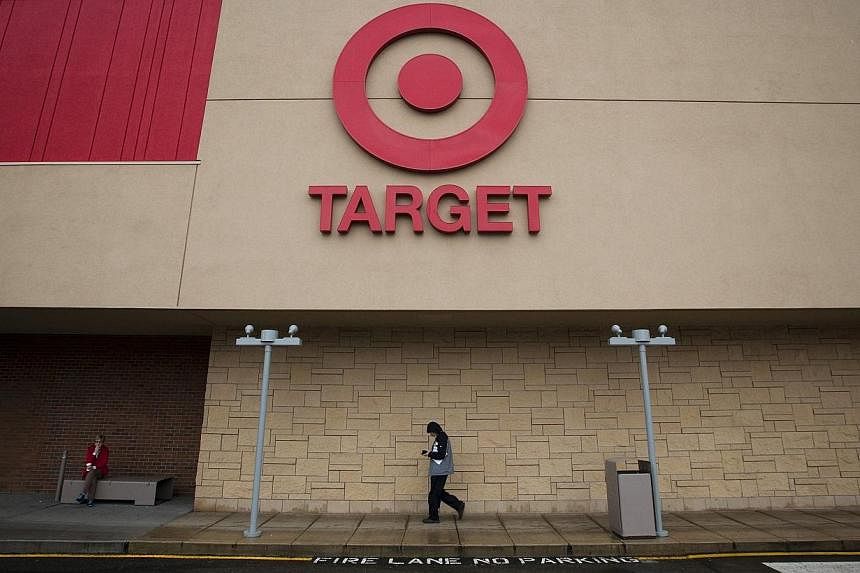WASHINGTON - The New York state attorney general's office has accused four major retailers of selling fraudulent and potentially dangerous herbal supplements and demanded that they remove the products from their shelves.
The investigation on supplements found in retailers GNC, Target, Walgreens and Wal-Mart came as a welcome surprise to health experts who have long complained about the quality and safety of dietary supplements, which are exempt from the strict regulatory oversight applied to prescription drugs, the New York Times reported.
The Food and Drug Administration has targeted individual supplements found to contain dangerous ingredients. But the announcement on Monday was the first time that a law enforcement agency had threatened the biggest retail and drugstore chains with legal action for selling what it said were deliberately misleading herbal products.
Authorities said tests conducted on herbal supplements at the four national retailers found that four out of five of the products did not contain any of the herbs on their labels. Instead, the pills labeled medicinal herbs often contained little more than cheap fillers like powdered rice, asparagus and houseplants, and in some cases substances that could be dangerous to those with allergies.
Among the attorney general's findings was a popular store brand of ginseng pills at Walgreens, promoted for "physical endurance and vitality" that contained only powdered garlic and rice. At Wal-Mart, the authorities found that Ginkgo biloba, a Chinese plant promoted as a memory enhancer, contained little more than powdered radish, houseplants and wheat - despite a claim on the label that the product was wheat- and gluten-free, the Times report said.
Three out of six herbal products at Target - Ginkgo biloba, St. John's wort and valerian root, a sleep aid - tested negative for the herbs on their labels. But they did contain powdered rice, beans, peas and wild carrots. And at GNC, the agency said it found pills with unlisted ingredients used as fillers, like powdered legumes, the class of plants that includes peanuts and soybeans, a hazard for people with allergies.
The attorney general sent the four retailers cease-and-desist letters Monday and demanded that they explain what procedures they use to verify the ingredients in their supplements.
"Mislabeling, contamination and false advertising are illegal," said Eric T. Schneiderman, the state attorney general. "They also pose unacceptable risks to New York families - especially those with allergies to hidden ingredients."
Industry representatives have argued that any problems are caused by a handful of companies on the fringe of the industry.
"If this data is accurate, then it is an unbelievably devastating indictment of the industry," said Dr. Pieter Cohen, an assistant professor at Harvard Medical School and an expert on supplement safety.
Walgreens said it was taking the matter seriously and would remove the products from its shelves nationwide. Wal-Mart said it would reach out to the suppliers of its supplements "and take appropriate action". A spokesman for GNC said the company would cooperate with the attorney general but stood behind the quality and purity of its store brand supplements.

